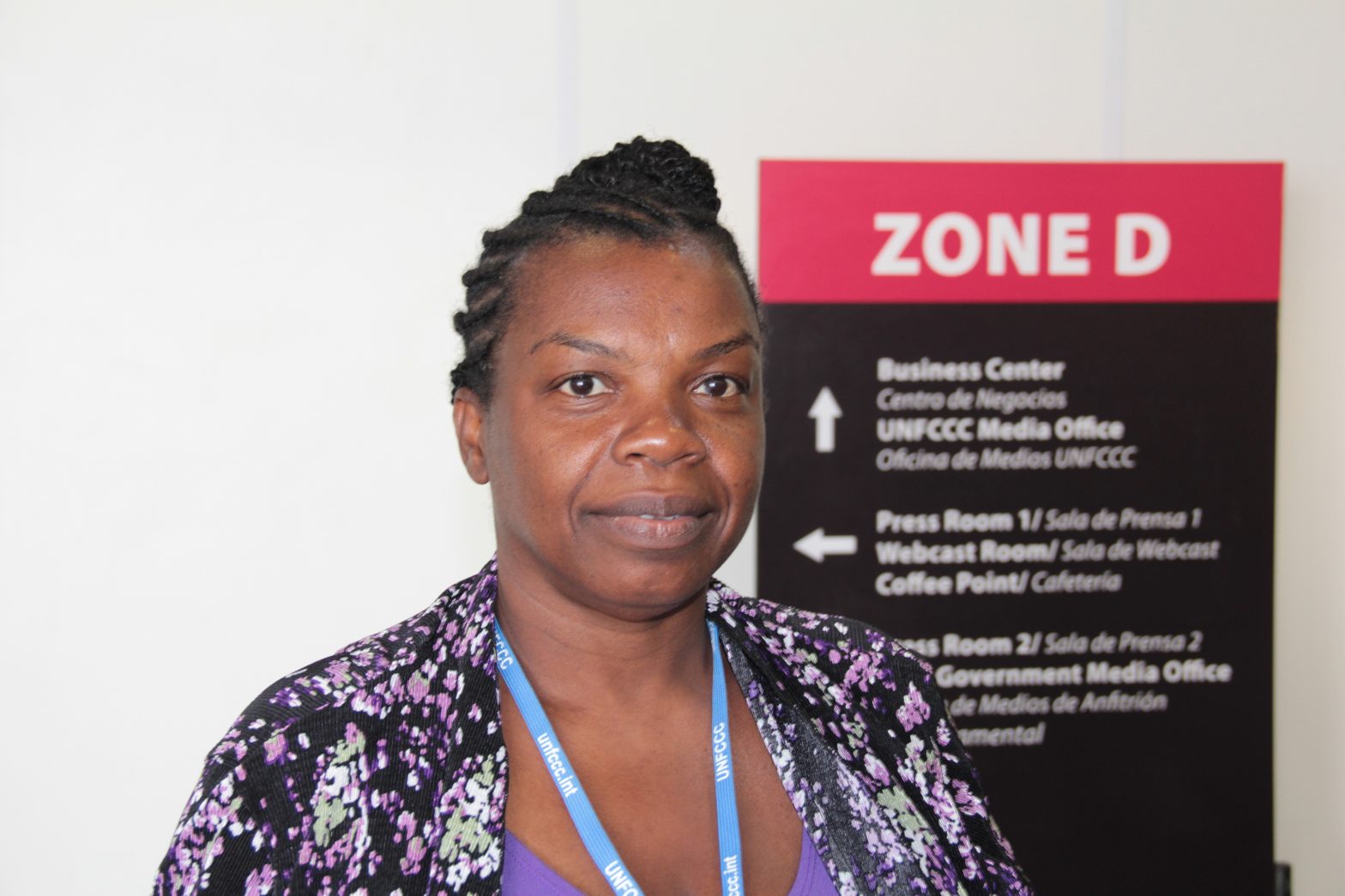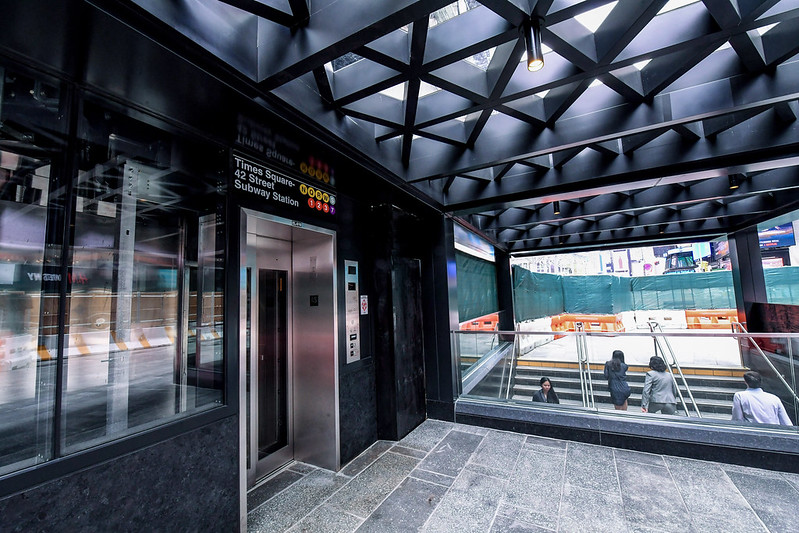
Photo: Mildred-Crawford
Why the urban-rural linkage is crucial for Habitat III
21 July 2016
by Mythili Sampathkumar
Caribbean Network of Rural Women Producers (Jamaica) is the Interim Chair of the Farmers Partner Constituent Group of the General Assembly of Partners, which brings together 15 such interest groups to speak with one voice on behalf of civil society in the Habitat III process. Cities Today US Reporter, Mythili Sampathkumar, spoke to Mildred Crawford, the President and Community Development Officer of Jamaica Network of Rural Women Producers.
What is your constituency and what is your role in the New Urban Agenda?
I work with mostly women farmers, but I represent small farmers, which make up 70 percent of famers in the world.
We don’t normally think of farming as an urban issue. What is the link and why is it important?
The issue of farming is really rural, or at least once you say farming–you’re thinking of rural. But, you have to look at the shift taking place in urban farming, new kind of connections that are about take off in the cities, and the urbanisation [of] rural areas in the countries [which] have become over-crowded in the cities.
[Also] food/food security is named SDG 1 and 2 and has to be a part of dialogue and preparation of the New Urban Agenda.
How does urban growth in rural areas impact farmers?
In order to secure that vision of what a developed area looks like most of these houses and arable agriculture lands are usually mowed down. I rarely see much planning put in place to secure these women and men who own these lands and how they will be compensated especially when there is no formal document to show ownership.
Second, as the city expands into the rural area, are these people prepared for it? No. Because they were not informed what it would require…most of them the lack of the skill sets required of the new factories and all the other industrialised activities that come there.
What impact does their inability to farm anymore have on urban populations?
Well, we all have to eat from the day we were born to the day we die! And even if you’re talking about urban planning, you have to produce. So, farming and food production is important for consumption [and urban growth]. It is essential and the urban-rural linkage is not an accident, it is critical.
Big investors, big factories are usually in cities–but the raw materials are produced by farmers who are primary producers. So, you realise there has to be a strong link between where the raw material that is needed in the city comes from and make sure that it is consistent as well. Based on those, it is imperative that farmers be at the table [for forming the New Urban Agenda].
Why did you join the General Assembly of Partners (GAP)? How will it help the Farmers constituency?
It is a platform that allows for full participation and…much more visibility on the issues that affect my constituency.
GAP opens up an opportunity for me to speak to member states through these mediums. We are also able to post our information virtually. The fact that we are seen as a reservoir of information is already an opening that if, not just member states, anyone wants information on the city we need they can safely rely this major group to feed them with the necessary information.
What are your hopes for the upcoming draft texts and the final New Urban Agenda text?
I commend Habitat III for thinking urban-rural, but I am not seeing the urban-rural linkage strengthening within the document as it should be.
We are not mentioned there in the Zero Draft although food security is there, the centrality of who the food producers are is not there. Neither the term ‘primary producers’ or farmers – nothing is there. [The push] is to get them or the term ‘primary food producers’ mentioned in the draft.
We are producers and business people. We are asking consideration for a quality of life that is a right of all. We welcome the idea of [local authorities holding consultative sessions]. I’m not worried about the acceptance. I am more concerned about how member states will integrate it into the final document.
Do you think you face any pushback from Member States on including farmers in an urban agenda? Are there any challenges to educating them on the connection?
No, pushback. I don’t know how relevant they think the issue is because I’m not getting that feedback right now. We’ll have to see how it plays out in the next round of document revisions.
There might be other challenges from other perspectives. If you look at the Paris Agreement on climate change, farmers were not included either in that document because farmers are seen as one of the actors that could have contributed to this build up carbon. It might not be said directly, but indirectly it is. We’re talking about greenhouse gas emissions, etc however research has proven otherwise.
With building cities, you’re thinking about clean cities, green cities, accommodative, and so on. That is why I would rather use the term ‘primary food producers’ rather than farmers.











